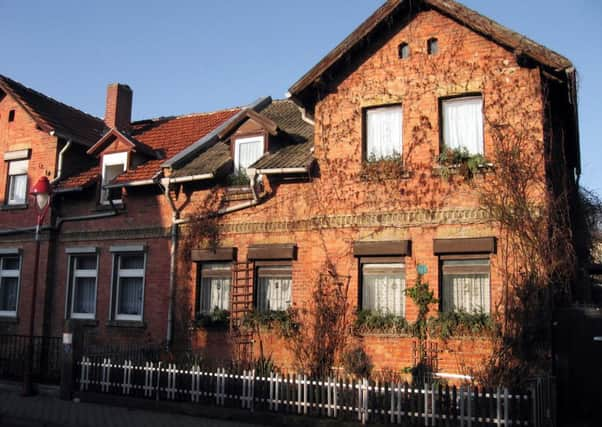Landlord licensing improves neighbourhoods


Undermining these neighbourhoods is the poor quality, poorly managed properties which cause “good” tenants, “good” landlords and owner occupiers to leave an area; this is a concern voiced and echoed by many residents.
Selective licensing is one initiative in the wider regeneration programme that helps to address this and compels poor landlords to have satisfactory management practices in place to manage their properties and tenancy agreements in a way which does not have a detrimental impact on neighbours. This will drive up standards in the private rented sector and help improve an area.
Advertisement
Hide AdAdvertisement
Hide AdThe Trinity area has seen improvements in property condition, property management and a reduction in both environmental crime and anti-social behaviour. While 52% of the landlords consulted did not want to see selective licensing continue in the Trinity area, 32% did and 91% of residents did.
With any public licensing scheme, whether it be taxi licensing or licensing of pubs, there is an associated charge. One landlord with one property would pay a fee of £750 over a five-year period. This equates to £13 a month. It has not been the experience in Trinity that these charges have been passed on to the tenants
The council recognises “good” landlords operate in selective licensing areas which is why a 30% fee discount is offered to those already in the voluntary accreditation scheme; “The Good Landlord and Agent Scheme” (GLAS). In addition, the council is assisting those responsible landlords that need assistance to bring their empty properties back into use by approving an interest-free loan up to a maximum of £20,000 repayable over 10 years. These loans are offered through the council’s empty homes programme, another important strand of the council’s drive to improve neighbourhoods.
Paul Gatrell
Head of housing and development control, Burnley Council